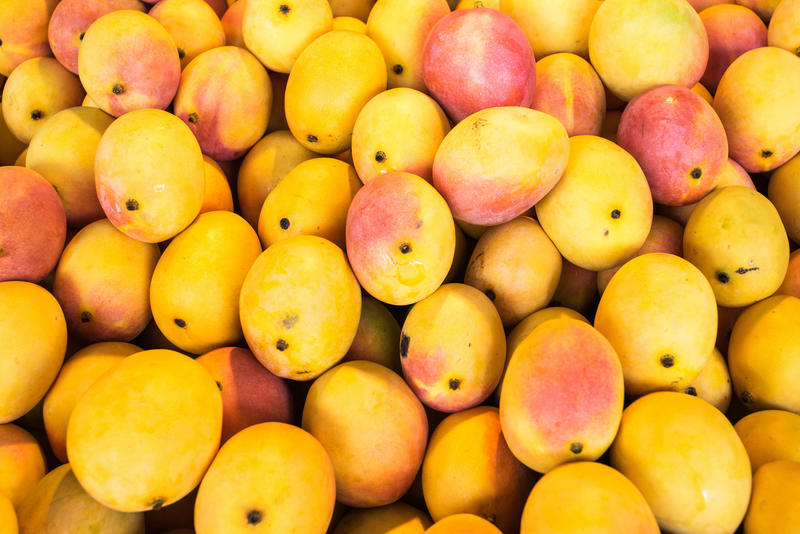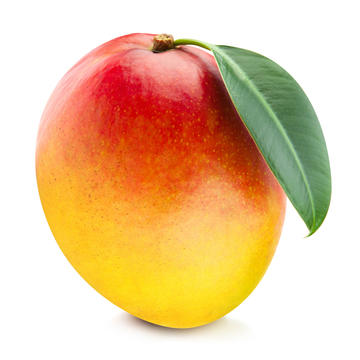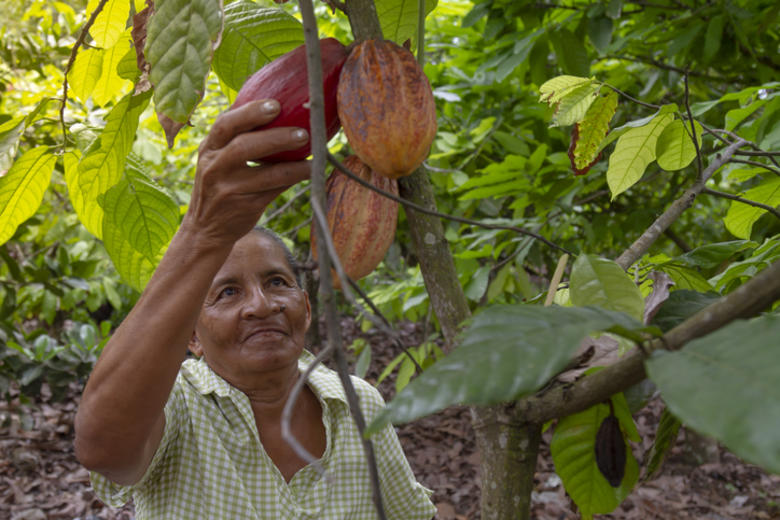THE MANGO AND FOOD SECURITY

THE MANGO AND FOOD SECURITY
Pakistan’s response to COVID and its broader implications
Published: 29 June 2020
Author: Saher Hasnain
Share this article
Hunger pandemic. Poverty tsunami. 500 million people nudged into poverty. 300,000 dying daily of starvation for the next three months. Dealing with the reality behand these headlines is massively complex, but the brute fact is that they predate the pandemic. COVID-19 has made it all worse.
How do we broaden our horizons and look far enough ahead to ensure that our responses to the present crisis don’t hamstring us down the line? It is too easy right now to narrow our horizons at the expense of lucid thinking and sensible action.

Allow me to connect some big problems by presenting the King of Fruits. The Pakistani mango is a bright and wonderful presence in our exquisitely blistering summers. It is an entirely different beast when compared to those mangoes one occasionally finds lurking in British supermarkets. With over 1,500 varieties, of which at least 30 are grown commercially, the mango is an important element in a Pakistani summer. The vivid fruit weigh down produce stalls and brighten up food markets.
One does not simply eat a mango. One surrenders to it.
The mango and many other fruits and vegetables are threatened by COVID-19. Mangoes cannot be stored for long, and time is running out to harvest and ship this year’s crop.
Nearly two million tonnes of Pakistani mangoes are typically shipped annually to over 50 countries, but in 2020 it may not happen.
Conflicting COVID policies now mean that laborers cannot travel, transporters cannot operate, food prices are low, the harvest is at risk and food producers suffer. Pakistan is one of the many countries projected to face severe food insecurity as a result of COVID-19.
In so many other ways the crisis was already well underway because of the rapidly creeping spectre of climate change. Fruit crops are falling prey to extreme weather events, shifts in temperature and rainfall, and ravenous pests. These maladies have a crushing impact on the wellbeing of ordinary citizens. At least half the country’s households face food security stress of some form. Almost 40% of children under-5 are stunted. The situation is dire now for millions of vulnerable people. It will get worse.
Why would any of this matter to those not from the region? Let us explore this complex question through pathways for change.
Pakistan under the leadership of Prime Minister Imran Khan has already implemented an unusual measure to cope with the costs of the crisis. The unemployed are earning money through the 10 Billion Tree Tsunami project. This is a government initiative to reforest parts of the country, begun in 2014. Now expanded, it’s an attempt to alleviate COVID hardship but not forget climate change.
Pakistan is the fifth most vulnerable country in the world for climate change. Besides the catastrophic environmental, social, and economic costs, it is climate change’s impacts that spell a death knell for the fruit and vegetable sector which supports millions of people in the country.
Agri-food reforms are firmly on the meu too. The Ehsaas poverty alleviation program has helped over 12 million families by providing emergency cash assistance to those affected by the lockdown. Barriers to financial inclusion and empowerment are also being removed by improvements to mobile and internet banking. The critical factor now will be to continue developing the necessary institutional and policy support to ensure that these programs can function as long-term social and financial safety nets for the most vulnerable of our population.
There is great room for innovation and optimism right now. It is easy to imagine the end of the world as we know it but let us make room for imagination. Let us now imagine biting into a wonderfully succulent mango. The fruit is joy and happiness, but is sometimes measured also in messiness. Humans are resilient. We will get through this to a new normal. Let us ensure that we don’t leave behind a great swathe of the population.
Saher Hasnain (St Cross College, 2012) is a Post-doctoral Researcher at Oxford’s Environmental Change Institute Food Systems Transformation Programme. She works on exploring food systems, their relationship with the environment, people, and the economy, and possible futures going ahead.
For her doctoral research at Oxford, she examined the influence of factors like energy system disruption, urban design, and regional and global food system transformation on food environments in urban Pakistan.















